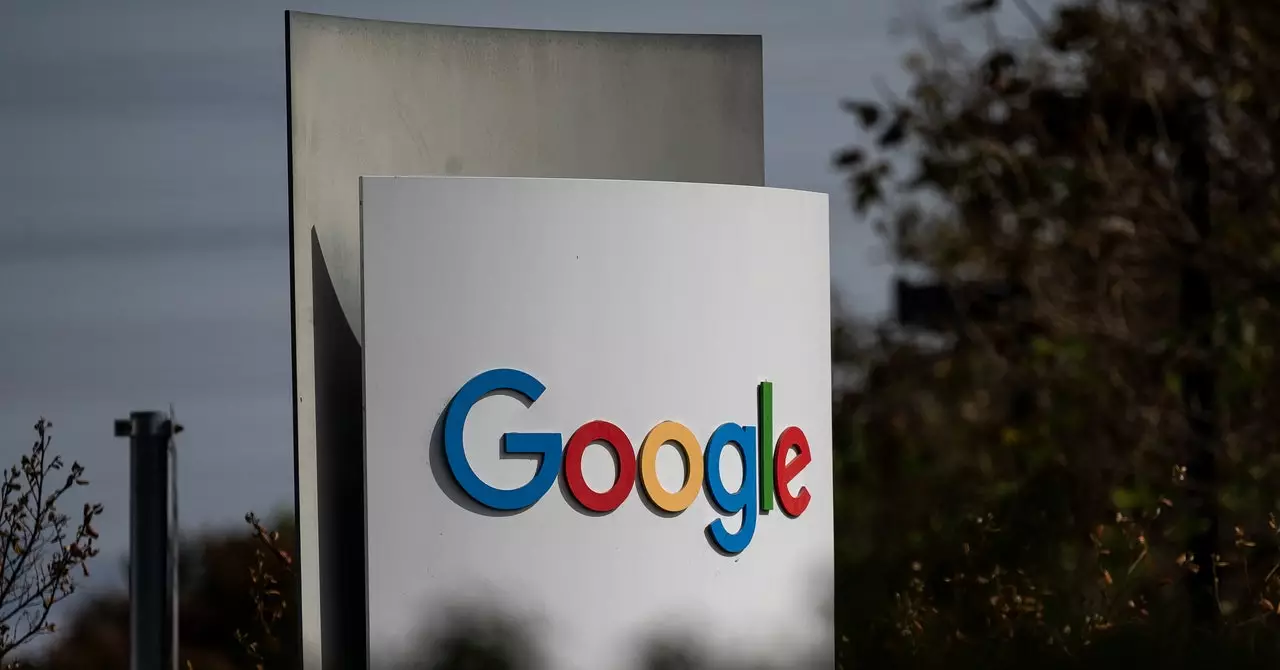In recent years, Alphabet Inc., Google’s parent company, has navigated a turbulent legal landscape marked by increasing scrutiny from regulatory bodies. A pivotal recent development involves the proposed restrictions on the distribution of its Gemini Assistant chatbot. In a federal court filing, Google suggested altering its long-standing practices regarding partnerships with device manufacturers, browsers, and carriers that previously aided its dominance in search services. This move emerges amid ongoing investigations by the US Department of Justice (DoJ), which aim to mitigate Google’s expansive grip on the tech ecosystem, particularly in its default search provider arrangements.
Historically, Google has thrived on exclusive agreements that positioned its products as the primary options on many devices. The company’s insistence on these agreements has resulted in significant monopolistic advantages in both search and associated advertising markets. However, the recent ruling by District Judge Amit Mehta indicated that these strategies likely violated antitrust laws, a conclusion that has pressured Google to reconsider its operational tactics. As the courtroom drama unfolds, investors remain optimistic, buoyed by the stock’s substantial gains in 2024, hinting at Google’s resilience amidst regulatory challenges.
As Google grapples with its antitrust issues, the landscape of information retrieval is evolving, driven largely by the rise of advanced AI models such as OpenAI’s ChatGPT and Google’s own Gemini. These technologies represent a shift in how users interact with data, favoring conversational AI over conventional search engines. Consequently, the Justice Department has voiced concerns that Google might leverage its existing dominance to assert control over this emergent sector.
The onus now rests on the court to impose appropriate measures that would prevent Google from replicating its past monopolistic behaviors within the burgeoning realm of AI. The challenge lies in striking a balance between allowing innovation and preventing anticompetitive practices—one that not only addresses current concerns but also anticipates the evolving nature of search technologies.
The implications of Google’s proposed changes to its partnership model are significant for the future of the Gemini Assistant. By easing its requirement for manufacturers to distribute Gemini, Google seeks to avoid the regulatory backlash of being perceived as coercive in its partnerships. This change could open the door for competing AI solutions, granting consumers a broader selection of choices. Nevertheless, the fundamental issue remains—can Google, without its previous stronghold on partnerships, still successfully promote and popularize Gemini in the competitive field of AI?
Experts suggest that while Google may lose some control over how its products are presented, it will still have opportunities to secure preferential arrangements. The company could choose to incentivize collaborations that promote its AI offerings without necessitating baseline compliance from its partners. However, its ability to maintain relevance in an increasingly crowded field remains an open question. If rivals like OpenAI continue to innovate unchecked, the balance of market power could shift dramatically.
With an impending decision from Judge Mehta, anticipated as early as next August, the stakes are remarkably high. The ruling may dictate not just penalties for Google, but also set precedents for how technology firms operate within an ecosystem increasingly marked by competition and innovation. As the case unfolds, both instances of cooperation and conflict among tech giants could reshape the dynamics of the market.
Julia, a tech analyst, notes the unpredictable nature of the tech industry. “Regulatory actions can lead to unforeseen outcomes,” she states, emphasizing that while Google’s established reputation brings significant weight, it cannot overshadow the nimbleness of newer competitors. The claimed resilience of Google’s operations might be tested as the market responds to AI advancements and shifts in consumer preference.
In this pivotal moment, Google stands at a crossroads. The company must adapt to the challenges presented by regulators, while simultaneously positioning Gemini as a formidable player in the AI arena. How effectively it navigates these dynamics could have lasting implications for both consumers and the broader technology landscape. The future of AI and search is not just contingent on legal outcomes, but also on Google’s ability to innovate in a space that is rapidly transforming.


Leave a Reply